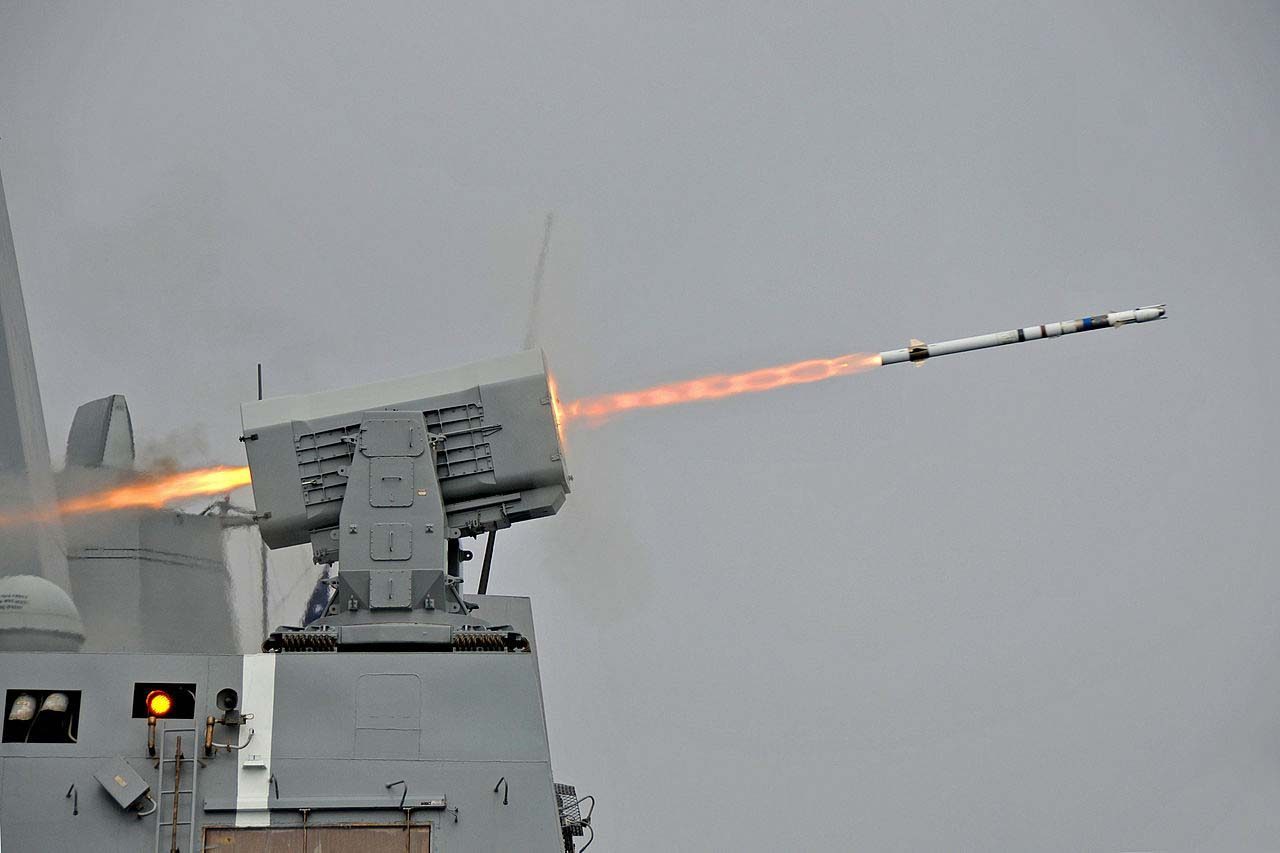
Qatar’s purchase of 254 surface-to-air missiles from an American weapons manufacturer has cleared a major hurdle after securing the approval of the US State Department.
The Defense Security Cooperation Agency announced the decision regarding the $260 million order from Raytheon Missile Systems in a statement published over the weekend.
The agency stated that selling the weapons to Qatar would improve the national security of the US “by helping to improve the security of a friendly country.”
It continued:
“Qatar is an important force for political stability and economic progress in the (Gulf) region. This proposed sale will provide Qatar with military capabilities to protect its naval forces and nearby oil/gas infrastructure from air and missile threats.”
It added that the missile sale “will not alter the basic military balance in the region.”
Arms buildup
However, questions about the region’s military balance have appeared to stall other arms deals involving Qatar and US firms.

For example, US ally Israel’s concerns about its “qualitative military edge” have reportedly been one of the factors holding up the sale of 36 F-35 fighter jets from Boeing to Qatar, although Reuters cited unnamed defense officials last week as saying a deal is imminent.
Qatar has been rapidly building up its weapons arsenal in recent years, ordering billions of dollars worth of tanks, attack helicopters, warships, artillery and coastal battery systems.
The Raytheon deal includes two variations of the company’s RIM-116C rolling airframe missiles, which rotate in the air like a bullet fired from a gun.
The US Navy describes the weapons as a “high-firepower, low-cost, self-defense system against anti-ship cruise missiles … and asymmetric air and surface threats.”
The State Department’s approval of the deal came shortly after US President Barack Obama met GCC leaders in Riyadh last week in a visit many interpreted as an effort to shore up the relationship between the US and the Gulf states.
According to the US Defense Security Cooperation Agency, Congress would have to pass legislation prohibiting or modifying the proposed sale in order for the deal to be blocked.
Thoughts?







